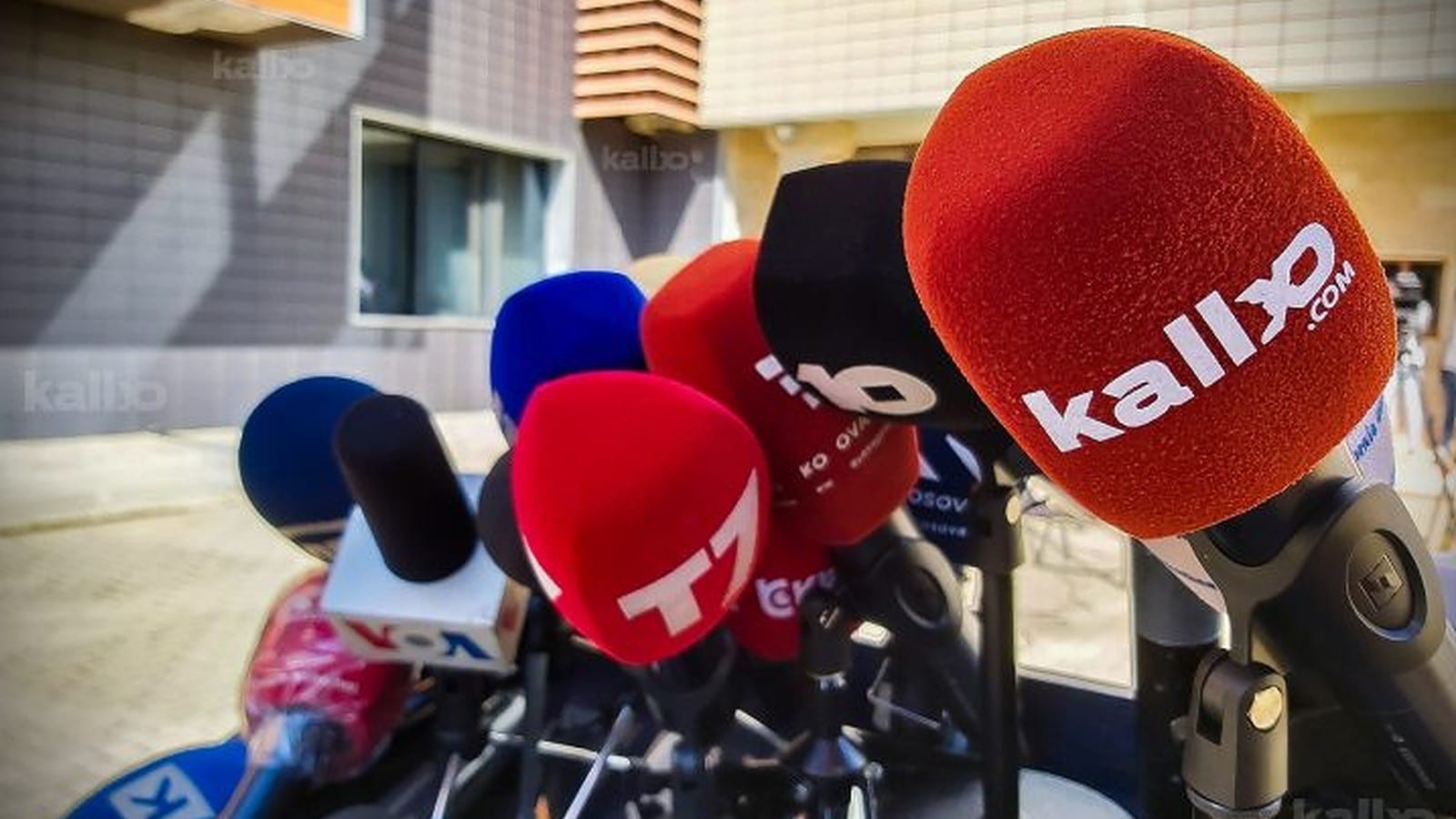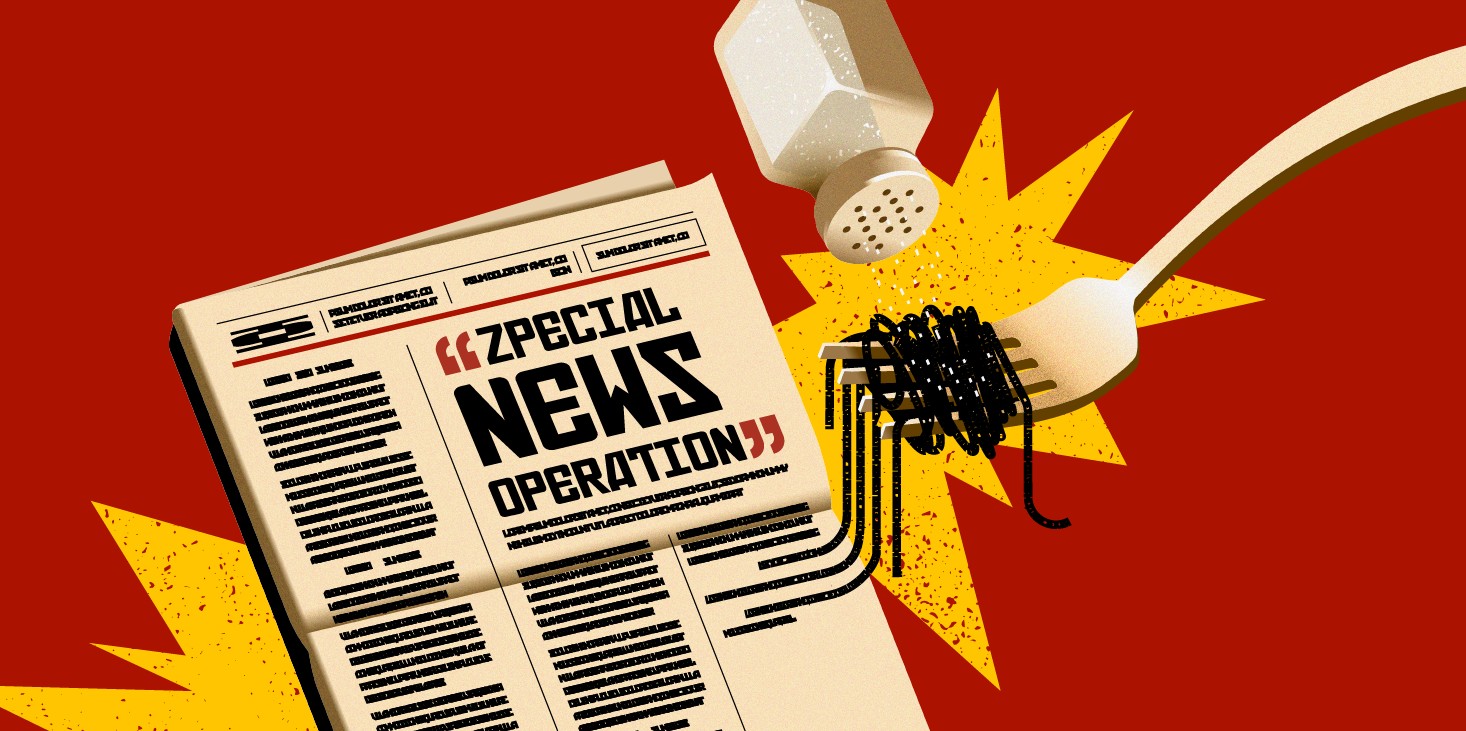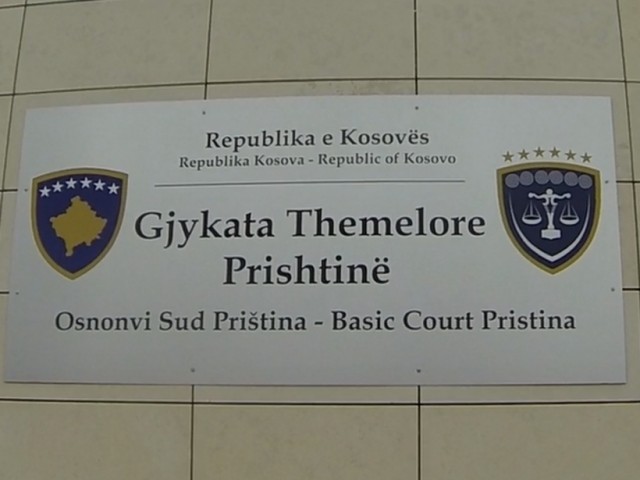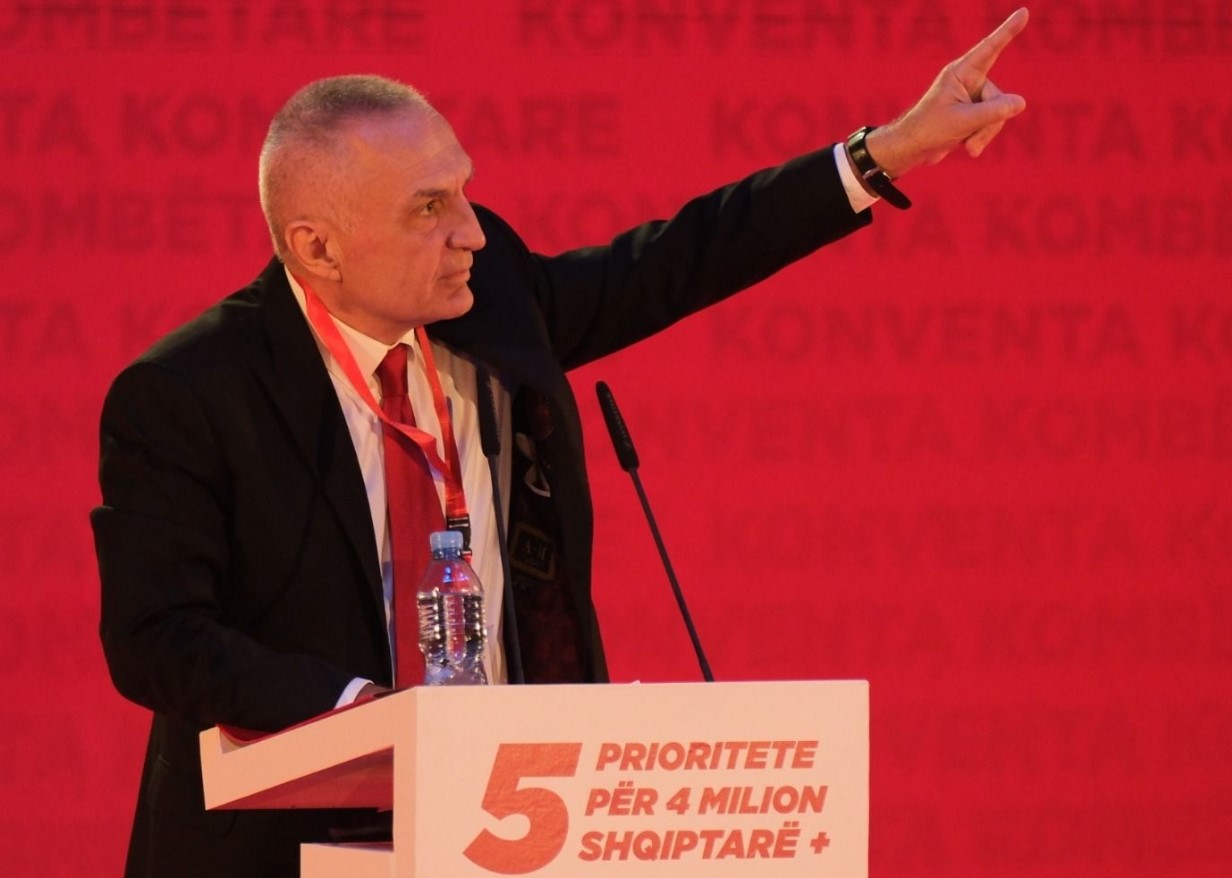As authorities in Kosovo, Bosnia, and Serbia cry foul play, the public is left in the dark over media owners snubbing calls for more regulation.
Year after year, the European Commission has raised the alarm on Kosovo to address the lack of media transparency regarding ownership.
Four years ago, the Commission warned that information on media ownership structures, particularly for online media, remains “unclear and often fictitious, as most media do not provide information on their finances or real ownership.”
In the Commission’s view, there is neither transparency nor a fair distribution of the sources of financing among the media outlets and no way of knowing whether they are concentrated in the hands of just a few people.
In 2024, the situation has not changed for the better. Brussels noted that data on the audiovisual market remains insufficient, including in regard to media ownership and financing.
“The media sector continues to suffer from a lack of transparency of ownership and financing, and a lack of financial sustainability, making it vulnerable to political influence and financial pressure,” the 2024 EC report on Kosovo says.
“With some rare exceptions, the public in Kosovo is not clear who is informing them and whether published content has been ethically and professionally judged,” Alban Zeneli, a professor of Journalism at Prishtina University told BIRN.
“We have seen tremendous transformations in today’s digital environment and it looks like media which have had a tradition of transparency regarding their content, no longer see the necessity to display them for the public,” he added.
But Kosovo does not stand alone in a region where digitalisation has mushroomed media outlets – especially online news portals – with many of them under foggy ownerships.
Kosovo’s media law under Constitutional Court’s scrutiny

Kosovo media outlets’ microphones. Photo: BIRN
In July of this year, the Kosovo parliament approved the Law on Independent Media Commission, IMC, under heavy criticism from the European Union and civil society over the independence, powers, and financing of the IMC and the lack of clarity and proportionality of the law. The law is currently under the Constitutional Court’s review.
In December of last year, the Balkan Investigative Reporting Network, BIRN, in cooperation with Global Media Registry, launched the Media Ownership Monitor, a mapping tool, to create a publicly available, continuously updated database that lists owners of all relevant mass media outlets. The tool showed that only 30 percent of media companies in Kosovo have disclosed their ownership.
As the issue has grown in relevance in Kosovo over the last years, Jeton Mehmeti, the head of the IMC board, says that they have agreed with the country’s business registry to not licence any media outlet without the IMC’s approval.
“We have taken measures to prevent any attempt to secretly change the ownership and without the verification of the new owner,” Mehmeti says.
Currently, the IMC provides a platform of the licenced media outlets with a few general details on the owners and their shares while the self-regulatory Kosovo Press Council which deals mostly with online media provides a list of its members with the names of managing editors.
Bosnia’s long wait for the adoption media ownership law

Illustration: BIRN
Bosnia and Herzegovina is facing major challenges in its post-war transition and path to the European Union, and the media scene is no exception. The lack of media transparency is a long-standing problem, pointed out by non-governmental organizations that, together with citizens, have been waiting too long for a new law that would improve the current unenviable situation.
Due to the lack of specific regulation of media ownership transparency in Bosnia, data on indirect and beneficial owners and interests in media organizations are not available to the public, and the public has no insight into which individuals and interests are behind the media, warns Anida Sokol, a researcher at the organization Mediacentar Sarajevo which, alongside Press and Online Media Council in Bosnia, has participated in drafting the law which tackles media ownership.
“For years, the European Commission has been citing the need to pass a law on media ownership transparency in Bosnia and Herzegovina as one of its recommendations in its reports,” says Sokol, who hopes that the law will be adopted next year.
If adopted, the bill would oblige the media to present their basic data to the public.
Rasin Krupalija, editor-in-chief of Raskrinkavanje, a platform for checking the accuracy of information and disinformation, says that the lack of availability of data on ownership prevents readers or consumers of content from knowing who is behind the information they receive.
“This can also affect their judgment about the credibility of what is served to them. It degrades the already poor quality of the offer in the media space in Bosnia and Herzegovina,” Krupalija says.
In their work, Raskrinkavanje journalists most often encounter “anonymous” portals that not only do not have data on the ownership structure.
“Such portals do not have the function of informing. They mostly serve either to gain financial profit for their owners, or to promote their interests,” Krupalija claims.
The Bosnia’s Press and Online Media Council, which maintains its own database of print and online media outlets, says that the minimum data that each media outlet must publicly disclose includes information about the publisher, editor-in-chief, editorial staff members, and contacts. But media outlets are not legally obliged to do this.
Information about owners in media outlets registered as business entities is available through court registers, but these registers are not easily accessible and searchable. Through the Media Ownership Monitor (MOM) project, BIRN BiH, using court registers, published a database of the most visited media in BiH after months of work, which showed a small number of outlets in BiH proactively share ownership data but not financial data.
Mediacentar, the Press Council, and the organization “JaBiHEU” are currently jointly implementing an EU-funded project that advocates for the reform of media and freedom of speech. One of the project’s focuses is advocating for the adoption of a law on transparent media ownership. These three organizations will cooperate with the Working Group of Bosnia’s Ministry of Communications and Transport to draft this law.
Regulatory Agency for Communications, RAK, a member of the Working Group, has at its disposal extracts from the court register of a legal entity, which contain data on the founder and the person authorized to represent a radio or TV media that has a broadcasting license but the obligation has not been extended to online media.
“The application must also include information on the editor-in-chief and the planned staff for the implementation of the program. Information on the person authorized to represent and the editor-in-chief is entered into the register of licensees and is available on the Agency’s website,” says Amela Odobasic, Assistant Director for Broadcasting.
However, she points out that the RAK does not have the authority or mechanisms to verify whether the real owners of the media are registered in the court registry.
In Serbia, ownership unclarity risks media credibility

Ilustration: Independent Media Commission, IMC
In Serbia, where media ownership is formally regulated by law, media outlets are required to report their ownership structure and main editors to the Business Registers Agency (APR), which then records ownership in the Media Register.
This Agency also maintains a Register of Beneficial Owners for every legal entity in the country.
Similarly, the Regulatory Authority for Electronic Media (REM) maintains its own Register of Media Service Providers for electronic media under its jurisdiction.
However, there are frequent public doubts that the formal media owners listed in the Media Register are the actual owners. This is especially true for media linked to the state telecommunications giant “Telekom Srbija” and some daily newspapers.
According to a 2023 study by BIRN under the “Media Ownership Monitoring” project, there is a “medium risk” regarding media ownership transparency, indicating that “some owners remain unknown.”
According to Aleksandra Krstic, an associate professor at the Faculty of Political Sciences at Belgrade University, media ownership is crucial because the transparency of ownership affects the credibility of the information they provide.
“If we don’t know who owns the media, there is a much greater risk of them falling under political and economic control. This is not just a current situation but a lack of transparency that has existed in the past as well,” Krstic explained.
Zoran Gavrilovic from the Bureau for Social Research (BIRODI) states that media ownership transparency is legally guaranteed, and the formal owners of media outlets, as well as most sources of state funding, can be identified.
“The problem is that we lack a system for evaluating media content funded by public sources,” he said.
According to Gavrilovic, however, media ownership is not the primary problem in Serbia. Gavrilovic considered the integrity of the media, journalists, and state bodies that allocate funds to the media to be equally as important.
“The ruling party has built a propaganda system by exploiting the unsustainability of media with low integrity, alongside the low integrity of journalists and those who allocate public funds, primarily local governments,” Gavrilovic added, noting that such media serve as propaganda tools for the personal rule of Serbia’s President, Aleksandar Vucic.
A large number of tabloids, which are the most read and circulated both in print and online, typically do not disclose the authors of articles when targeting government critics. This practice is sanctioned by law and carries fines, yet enforcement is very rare if it happens at all.
Regarding media funding, the Law on Public Information and Media mandates the inclusion of all data on financial resources media receive “directly or indirectly from public authorities,” including advertising. However, this legal provision is routinely ignored, as evidenced in the Media Register.
The new law stipulates the establishment of a “Unified Information System for the Implementation and Monitoring of Co-Financing Projects in Public Information” as of January 1, 2025.
Please enable JavaScript to view the comments powered by Disqus.


